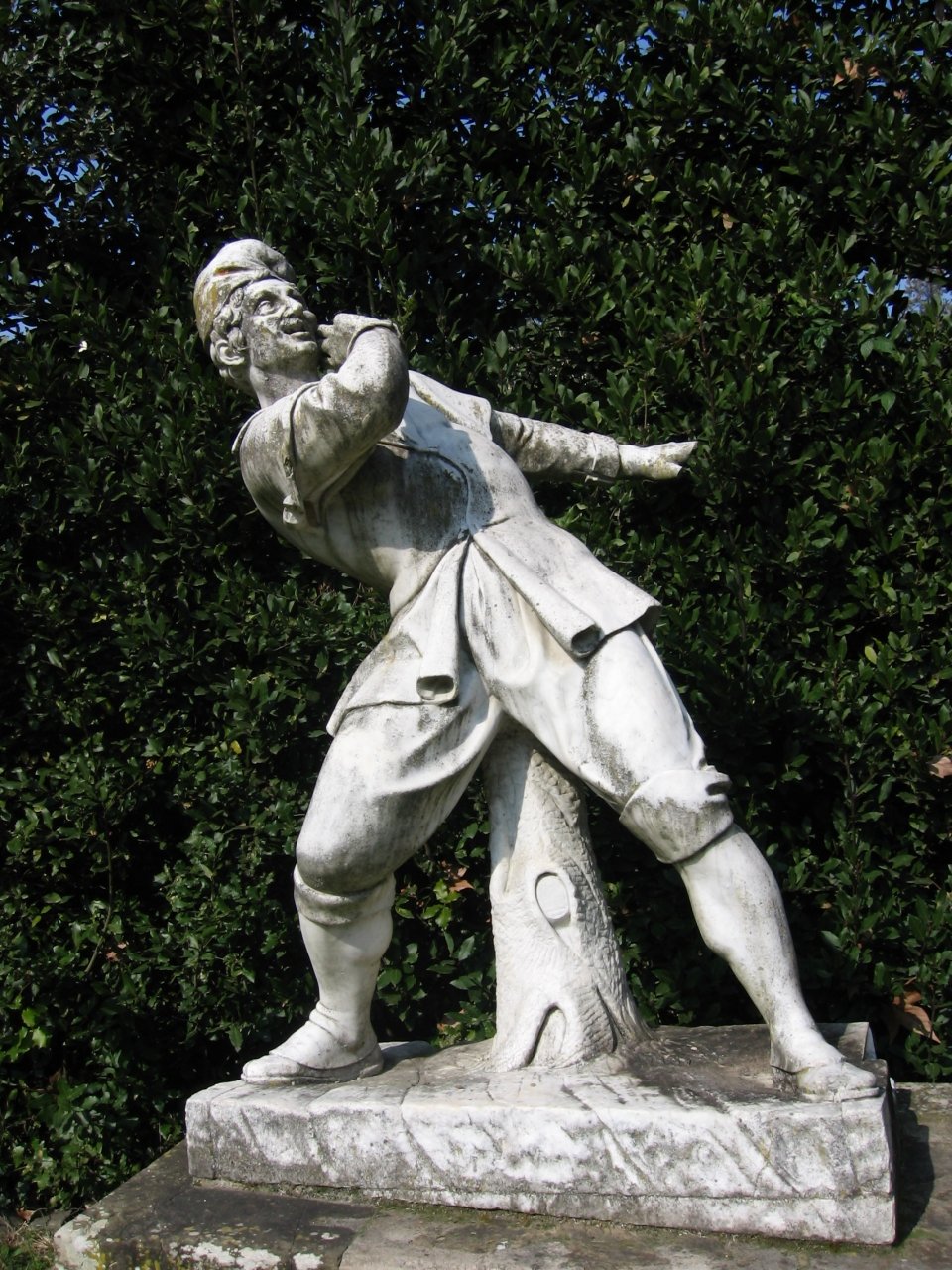
Ludic Historic Landscape
Over the past 50 years, since the signing of the 1972 Convention, the concept of urban cultural heritage has seen a shift from an emphasis on architectural monuments to a broader approach that includes the relevance of social and cultural practices and values. This orientation, directly promoted by the 2011 Recommendation on Historic Urban Landscapes, draws attention to the relevance of these aspects for the conservation of historic urban systems in their entirety. The paper, starting from the recognition of urban play both as a central activity in the life of Florence in the modern age and as a crucial theme in contemporary urban studies, questions the status of this peculiar cultural practice in the contemporary city of Florence. Using mapping and in-field exploration methods the authors notice the loss of this cultural practice, formulate some hypotheses about the causes of this condition, and suggest the need for greater attention to this theme in the planning of conservation and requalification interventions for the near future.
Here the full text in italian (pag242-243)
Jacopo Ammendola, Francesco Caneschi, Benedetta Masiani (2022) “Historic Ludic Landscapes”, in Restauro Archeologico, Numero speciale (2022), Atti del convegno internazionale 1972-2022. Il patrimonio mondiale alla prova del tempo. A proposito di gestione, salvaguardia e sostenibilità, Firenze University Press, Firenze, ISSN 2465-2377, Vol. II, p. 242-247
This research was developed with the economic support of the PhD Scholarship of the Fundação para a Ciência e a Tecnologia (FCT)
